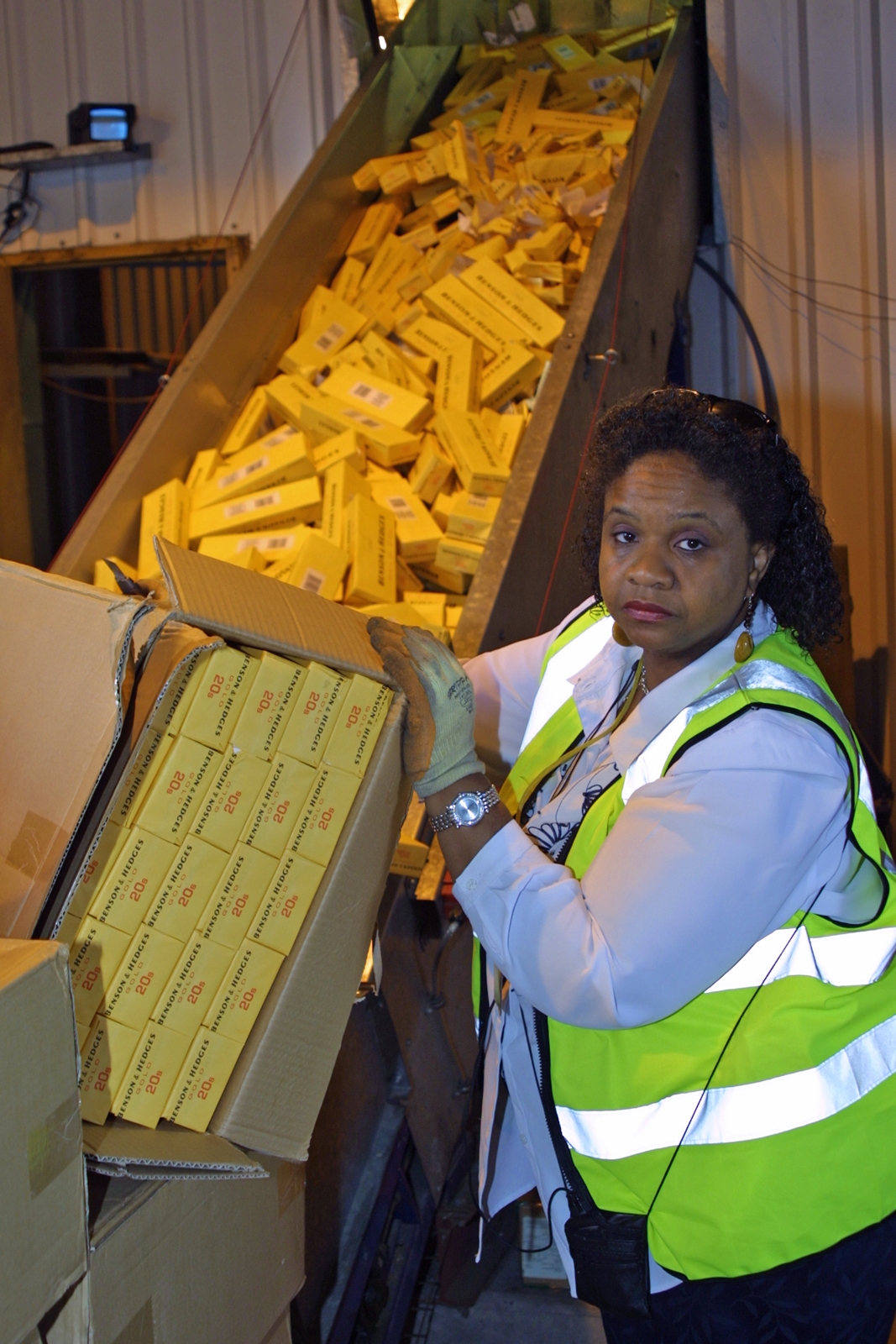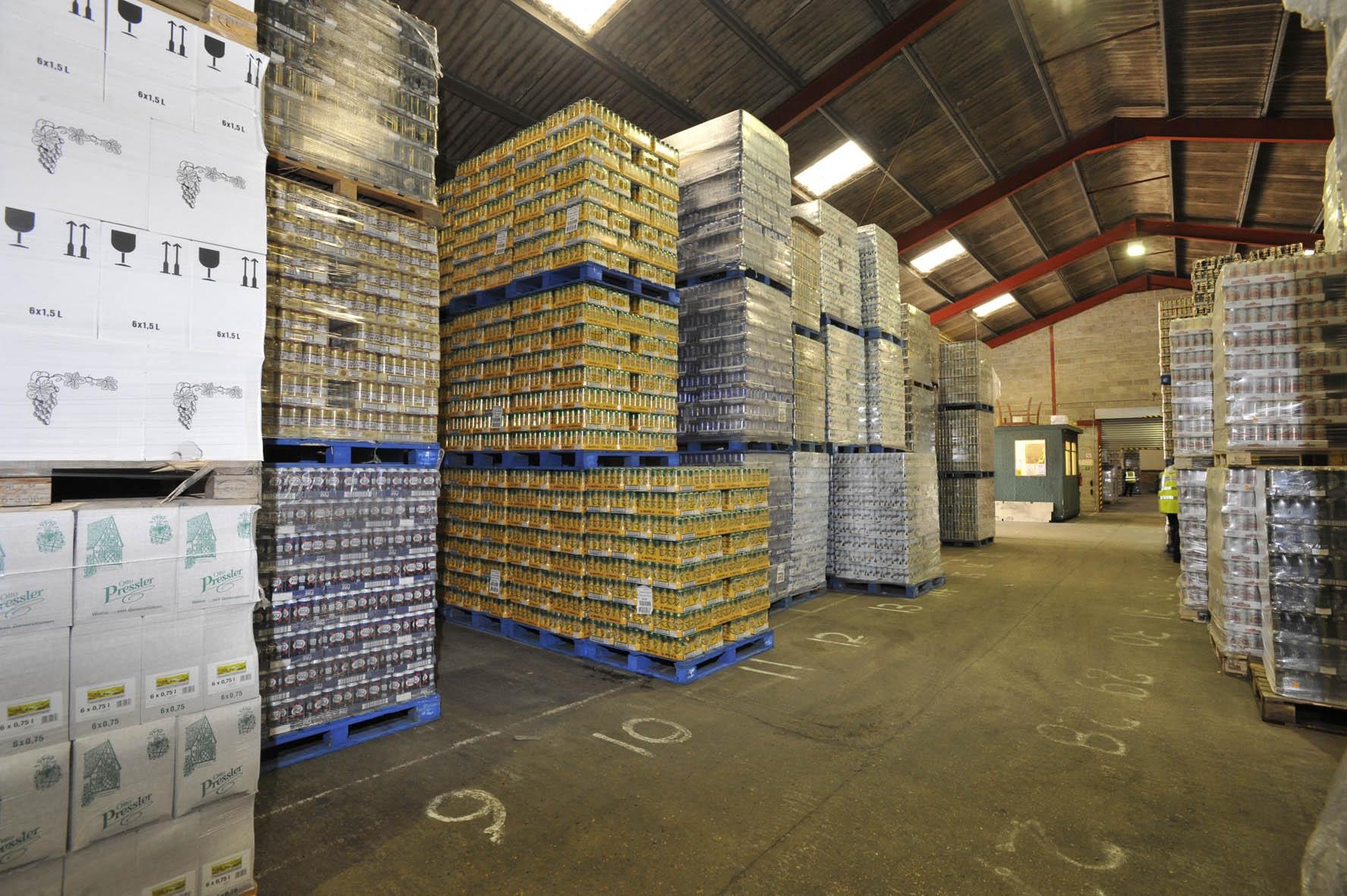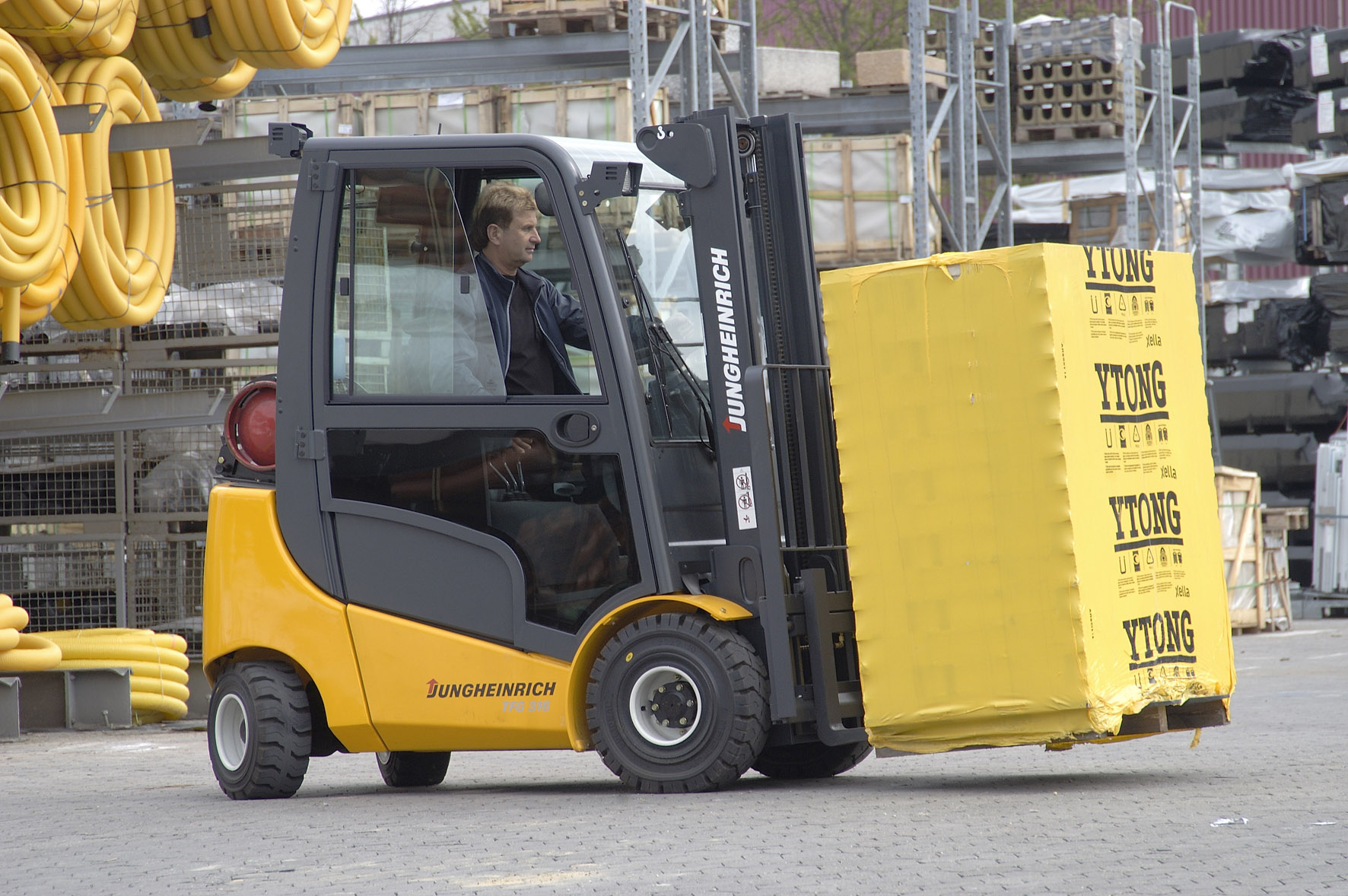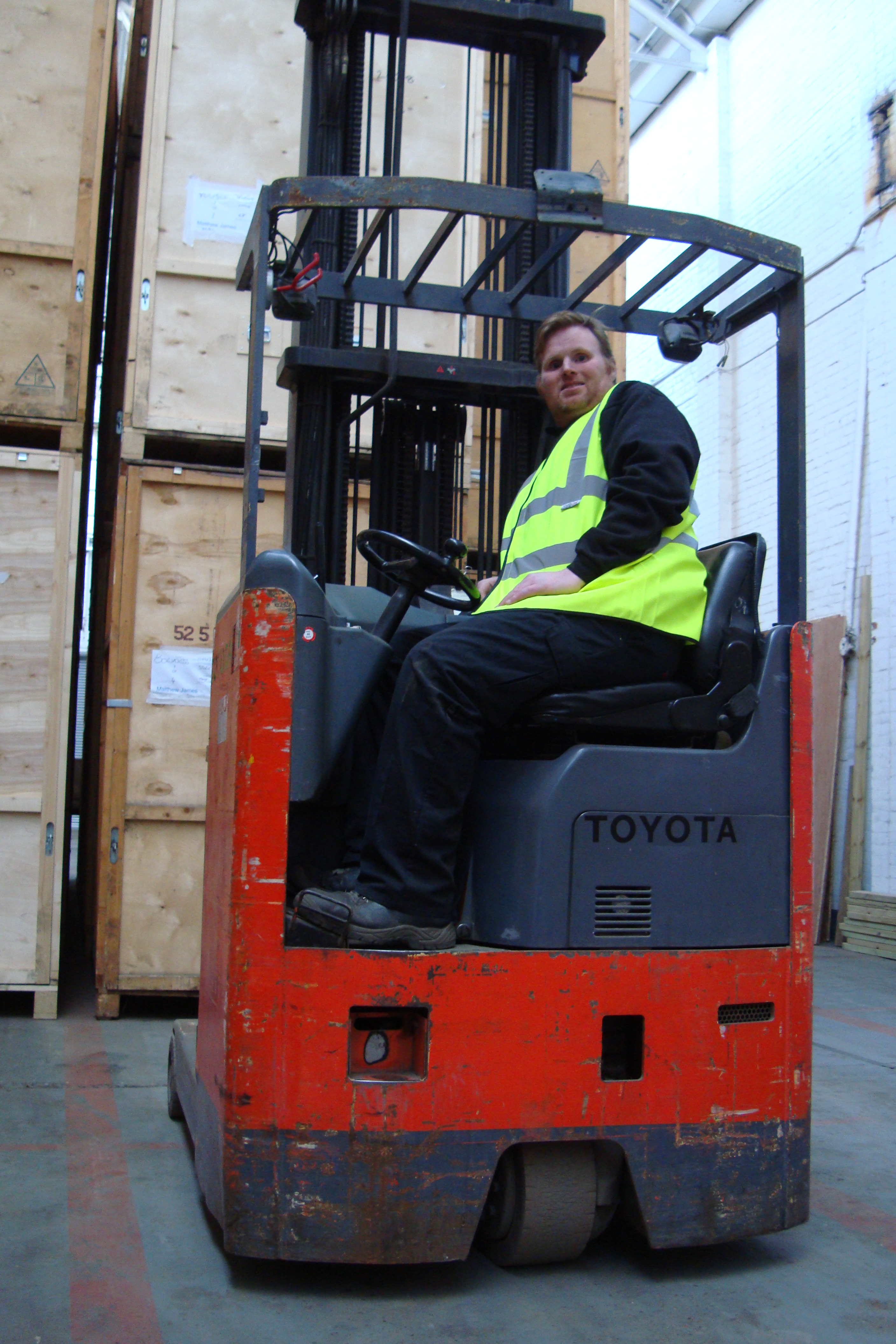Materials Handling Feature.
Britannia Premier Removals Appoints Crate Hire Company PPS Midlands
Britannia Premier Removals, part of the UK's largest independent moving group Britannia Movers International, has appointed crate hire specialist PPS Midlands to support it with its comprehensive range of removal and storage services.
PPS Midlands is based in Measham in Leicestershire, just down the road from the Burton-on-Trent site that provides Britannia Premier Removals with facilities offering storage capacity in excess of 30,000 sq. ft. From there, Britannia provides the region with a full range of services that include all aspects of removals including transit packing materials, storage, self-storage and distribution.
 Following positive discussions, the two local companies have now formed a working partnership to enable them to service the local area. Martyn Jones from Britannia Premier Movers said, “Since working with PPS we have found them to be professional and very helpful on all transactions to date. It’s great to be dealing with a friendly business that delivers service with a smile.”
Following positive discussions, the two local companies have now formed a working partnership to enable them to service the local area. Martyn Jones from Britannia Premier Movers said, “Since working with PPS we have found them to be professional and very helpful on all transactions to date. It’s great to be dealing with a friendly business that delivers service with a smile.”
Joanne Moss commented on behalf of PPS Midlands, “The company prides itself on the high quality of service it provides to customers and we are really excited by this new development supplying plastic removal crates to such a well-regarded and established company as Britannia Premier Removals.”
www.officemovecrates.co.uk
Photo: Joanne Moss of PPS Midlands, Martyn Jones and Doug Venables of Britannia Premier Removals
Eye-catching Thorough Examination campaign launched
 You wouldn’t wear half a suit … but every year thousands of companies get stitched up by accepting half a Thorough Examination of their fork lift trucks, according to research from Consolidated Fork Truck Services (CFTS) – the body behind the industry’s Thorough Examination standard.
You wouldn’t wear half a suit … but every year thousands of companies get stitched up by accepting half a Thorough Examination of their fork lift trucks, according to research from Consolidated Fork Truck Services (CFTS) – the body behind the industry’s Thorough Examination standard.
Last month’s International Materials Handling Exhibition (IMHX) saw the launch of a major, national campaign warning fork lift truck managers of the dangers of so-called ‘Thorough’ Examinations that only cover a truck's lifting parts and promises to use surprise tactics to shock managers out of their complacency.
According to CFTS, many examinations still only test a fork lift truck's lifting components, neglecting safety-critical parts like steering and brakes.
It is hoped the eye-catching ‘half measures’ campaign will capture companies' attention, after CFTS research showed that the majority of managers are completely unaware of this widespread threat.
CFTS believes the problem, which affects tens of thousands of sites, to be particularly prevalent where Thorough Examination is arranged as part of an annual insurance inspection.
Technically, inspecting lifting parts only does fulfil minimum obligations under LOLER 98 lifting regulations. However, companies remain open to prosecution under PUWER 98 rules if the vehicle as a whole is found to be unsafe.
CFTS is the national Thorough Examination standard that covers the entire fork lift truck.
“Just because you've had a so-called Thorough Examination, doesn't mean your fork lift truck is safe,” said CFTS Chairman Richard Hayes. “Managers need to be on top of what's being checked and – crucially – what isn't, because it's you who's liable. That's why it's essential to insist on a CFTS-accredited Thorough Examination. It's the national standard guaranteed to test the whole truck. It’s the positive way to be sure you're covered for both LOLER and PUWER, and, ultimately, that the truck really is safe to use.”
HMRC getting tough on warehouse keepers
 There is growing evidence that HM Revenue & Customs (HMRC) has begun a campaign to target warehouse keepers and hauliers who may unknowingly be handling excise goods on which the duty has yet to be paid.
There is growing evidence that HM Revenue & Customs (HMRC) has begun a campaign to target warehouse keepers and hauliers who may unknowingly be handling excise goods on which the duty has yet to be paid.
The United Kingdom Warehousing Association (UKWA) is warning that any company found guilty of storing goods on which duty is outstanding could face ‘financial ruin’ – even if the storage company was unaware that duty had not been paid.
“While HMRC has had the authority to assess anyone for duty on goods illegally diverted from bonded movements who was ‘aware or should reasonably have been aware’ of the diversion at any point in the supply chain since 2010, action has been spasmodic,” said Alan Powell of Alan Powell Associates, UKWA’s honorary adviser on Customs & Excise Matters. “However HMRC is deploying more officers to investigate excise goods supply chains. As a result, we are now increasingly seeing third-party service providers, including hauliers, warehouse keepers and lease holders of property, such as barns and outbuildings, being penalised by HMRC as a result of their involvement with businesses that have evaded duty on alcohol and then absconded – so called ‘missing traders’.”
Anyone found to have held or dealt in duty-unpaid excise goods, can be fined up to 100% of the duty evaded. “HMRC had been slow to apply what are called ‘excise wrong-doing penalties’ but are now vigorously applying them,” said Alan. “As a result, many small and medium-sized companies are facing unexpected bills and penalties from HMRC of hundreds of thousands of pounds. In simple terms, if an organisation has been involved at any stage in the supply of goods that have been illicitly diverted from a bonded supply chain, that organisation could be liable for duty – even if that organisation is not directly responsible for the diversion. Essentially, anyone handling duty-unpaid product is classed as being ‘contaminated’ within the supply chain and assessed for the duty.”
 In one particular case, a storage company is facing a duty bill for nearly £100,000 after HMRC inspectors found duty-unpaid alcohol stored at the company’s site.
In one particular case, a storage company is facing a duty bill for nearly £100,000 after HMRC inspectors found duty-unpaid alcohol stored at the company’s site.
“The storage company was simply unaware of the risks involved in handling loads of duty un-paid alcohol and the director of the company to whom they leased the space has disappeared,” said UKWA’s Chief Executive Officer, Roger Williams.
For further advice please contact UKWA on 0207 836 5522 or visit www.ukwa.org.uk.
Extra time for UKWA chairman
The United Kingdom Warehousing Association (UKWA) has announced that its chairman, John Maguire, will continue in his post for an extra year.
 Traditionally, the chairman of UKWA has served in the role for a period of two years and John, who took up the position in July 2011, was due to hand over the reins this summer. However, he will now continue until July 2014.
Traditionally, the chairman of UKWA has served in the role for a period of two years and John, who took up the position in July 2011, was due to hand over the reins this summer. However, he will now continue until July 2014.
“The Association is seeking a period of continuity and we are delighted that John has agreed to continue the excellent work he has started for another 12 months,” said UKWA Chief Executive Officer, Roger Williams.
John Maguire, who is Sales and Marketing Director of the articulated forklift truck specialist, Flexi Narrow Aisle Ltd, commented: “I am very happy to be committing to my role with UKWA for another year. We believe the Association is entering an exciting phase in its development and I am pleased to be playing a part in the evolution of an organisation with such a long and proud tradition.”
Fuel savings prove compelling for Davies Turner
Davies Turner has replaced its fork lift fleet with the new Jungheinrich TFG Hydrostatic range, significantly reducing its fuel costs.
A mixed fleet of materials handling equipment had operated across two storage units but the company recently took the decision to switch to a single supplier and, following a competitive tender process, Jungheinrich was awarded the contract to supply new counterbalanced and powered pallet trucks.
15 gas-powered counterbalanced and 7 ride-on pallet trucks are now in operation at the Dartford facility undertaking a broad range of handling duties.
 With the counterbalanced trucks required to work around the clock, seven days a week, gas was the obvious choice of power source for Davies Turner, as the company’s Warehouse Manager, Paul Scoble, explained: “In many ways we would prefer to run electric powered fork lifts, but trucks used as intensively as we use them need a regimented charging regime which, in truth, we would struggle to adhere to. This would lead to problems with the batteries so we went for gas.”
With the counterbalanced trucks required to work around the clock, seven days a week, gas was the obvious choice of power source for Davies Turner, as the company’s Warehouse Manager, Paul Scoble, explained: “In many ways we would prefer to run electric powered fork lifts, but trucks used as intensively as we use them need a regimented charging regime which, in truth, we would struggle to adhere to. This would lead to problems with the batteries so we went for gas.”
The counterbalance trucks chosen were models from the Jungheinrich TFG Hydtrostatic range with impressive fuel consumption statistics. Jungheinrich were able to demonstrate that over the course of 2,000 hours of typical operation, the trucks save some £2,000 in fuel costs in comparison with similar capacity counterbalance trucks. For sites – such as Davies Turner’s Dartford facility - where a large fleet is in operation, the savings are extremely significant.
The new trucks at Dartford are proving to be some 40 per cent more fuel efficient than the models they replaced. "We were offered cheaper deals but the fuel efficiency of the Jungheinrich TFG trucks and our previous experience of dealing with the company were compelling reasons to invest in a Jungheinrich fleet,” said Alan Williams, a Director of Davies Turner.
Life on the front line – Steve Thompsonm fork lift driver
Steve Thompson is Warehouse Manager at Matthew James Removals & Storage in Erith, Kent and has been driving fork lift trucks for over 20 years. He is responsible for the movement of goods within the company’s self storage facility and the loading and unloading of crates for shipment to Spain and other international destinations.
“It’s important to make sure the truck you are using is suitabl e for the job,” said Steve. “All trucks have a plate showing the weight they are designed to lift and height they are designed lift to, and you need to make sure you’re working within those limits. You also need to keep an eye on the height of the masts, and make sure the forks are kept at a suitable height, especially when you’re working in confined spaces.”
e for the job,” said Steve. “All trucks have a plate showing the weight they are designed to lift and height they are designed lift to, and you need to make sure you’re working within those limits. You also need to keep an eye on the height of the masts, and make sure the forks are kept at a suitable height, especially when you’re working in confined spaces.”
Perhaps surprisingly there is no official DVLA driving test or licence required to drive a fork lift, but training, tests and regular assessments are carried out by appointed agencies or in the case of larger companies, in-house safety officers, to make sure standards are maintained in accordance with Road Transport Industry Training Board regulations. The assessment takes the form of a written multi-choice questionnaire followed by a practical exercise, which the driver will be expected to complete in a timely and professional manner.
According to a report by the Fork Lift Truck Association in 2011, fork lift trucks are still the most dangerous type of workplace transport, although the number of serious accidents has fallen during recent years. In 2009/10 five British workers were killed, down from 16 in 2006/7. However, there were still 369 serious accidents - where a worker suffered life threatening or potentially life-changing injuries – recorded during the same period.
“Apart from the weight and height issues, being aware of what’s going on around you and generally keeping a sharp look out for other people and vehicles is vital when it comes to safety,” said Steve. “You need to be alert the whole time if you’re going to avoid accidents.”
Read the editor's next pick